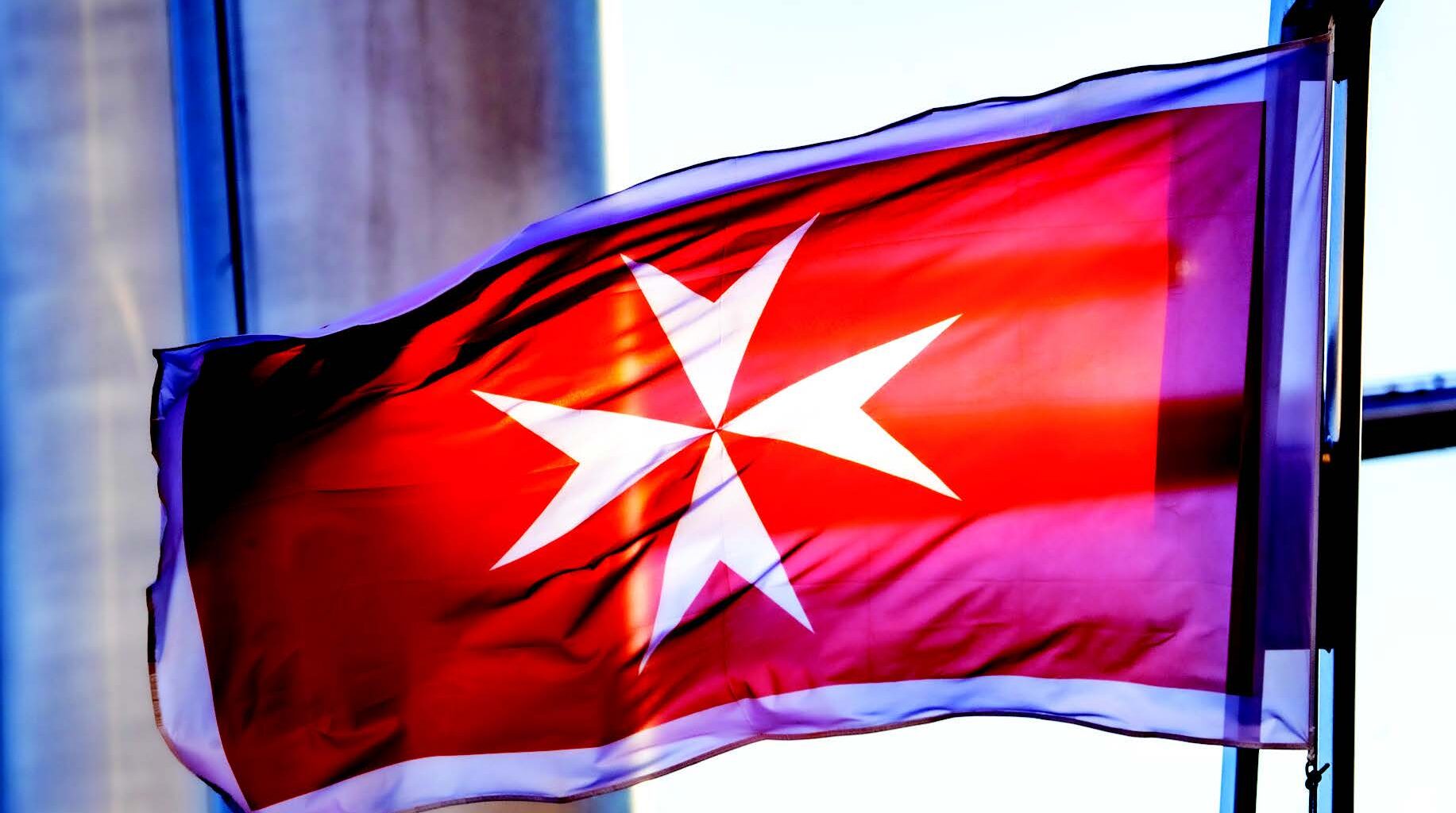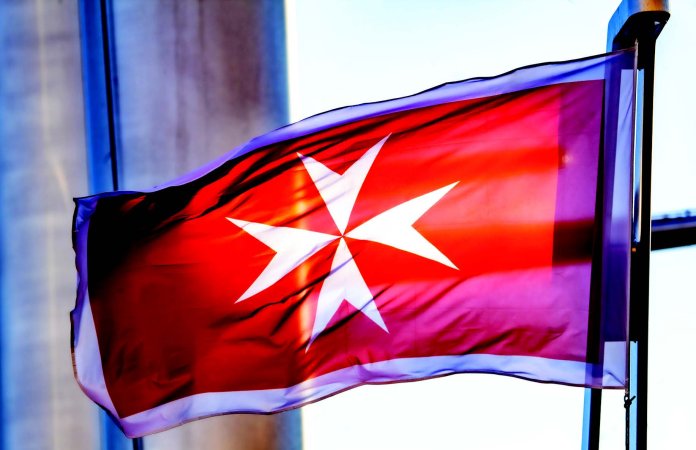Malta is facing urgent calls to take action against a Malta-flagged bulk carrier bound for Israel with a cargo of Colombian coal, in what activists say violates international law and Colombia’s recent export restrictions.
The vessel Fortune (IMO 9737838) departed Colombia on 24th July carrying coal destined for Port Hadera, Israel, with arrival scheduled for 14 August, according to a press statement issued late Saturday evening by Ġustizzja għall-Palestina, a Maltese activist group.
The shipment appears to contravene a recent Colombian presidential decree prohibiting coal exports to Israel. Colombia’s government has designated coal as a “dual-use item” and argues that restricting exports is necessary to comply with international obligations to prevent genocide.
Colombian president Gustavo Petro has been a vocal critic of Israel’s genocide in Gaza and has ordered the interception of any vessel carrying coal to Israel. This follows a ban on coal exports to Israel that was issued in August 2024. Despite the ban, some shipments reportedly continued, leading Petro to take a more forceful stance and order the navy to block them. Colombia has also suspended all arms purchases from Israel.
The Colombian decree states that “Colombian coal exports contribute to the generation of energy used in activities associated with the military industry. Therefore, restricting the export of this resource, in line with the aforementioned international measures, aims to generate economic and international pressure on Israel to cease its illicit actions against the Palestinian people.”
Adding to concerns, the Fortune’s captain has reportedly failed to report the vessel’s position for nine days, which Ġustizzja għall-Palestina describes as being “in flagrant disregard for the basic norms of seamanship and safety.”
The activist group argues that if delivered, the coal will contribute to Israel’s energy grid, which they say “integrates the illegally occupied West Bank and Golan Heights, directly aiding and assisting Israel’s illegal settlement enterprise.”
Israel has historically relied on coal for electricity, peaking at 75% of supply, due to its affordability and energy security, with key plants in Hadera and Ashkelon running on coal.
Ġustizzja għall-Palestina is calling on the Maltese government to invoke its authority under international maritime law, specifically the UN Convention on the Law of the Sea, which requires flag states to exercise effective control over vessels flying their flag.
“We ask Malta to comply with its obligations under international law,” the group stated, demanding that the government take “prompt and effective action: either the Fortune returns its cargo to Colombia, or it should no longer be allowed to fly the Maltese flag.”
The controversy comes amid heightened scrutiny of Malta’s maritime policies regarding vessels connected to the Israel-Palestine conflict. In recent months, Malta has taken varying approaches to ships seeking to use its waters or flag.
In October 2024, Malta banned the MV Kathrin, believed to be carrying explosives for Israel, from entering Maltese waters following pressure from local activists. Similarly, in July 2025, a Dutch-registered ship, the Eendracht, reportedly carrying materials for munitions production for Israel, was denied entry to Maltese waters.
However, Malta also refused entry to the humanitarian aid ship Conscience in May 2025, citing security concerns and the captain’s refusal to allow cargo inspection. The vessel, bound for Gaza, was subsequently attacked by drones in international waters off Malta, with Israel widely suspected of responsibility.
The activist group is pushing for a broader policy change, calling on Malta to “immediately adopt a policy that reaffirms its obligations to ensure that no military supplies or dual-use items are carried under its flag to sustain Israel’s genocidal occupations.”
They point to Antigua and Barbuda as a model, stating that those nations “have set the standard for such a policy” by prohibiting military supplies from being conveyed under their flag to any conflict area worldwide.
The group argues that inaction would constitute a failure of Malta’s “obligation to prevent Israel’s escalating crimes against the Palestinian people,” citing legal experts and UN human rights authorities who maintain that transferring military material or dual-use items to a state committing genocide violates international law.
“States and corporations that knowingly allow or engage in such transfers, or states that fail to act when corporations under their jurisdiction are involved, are themselves guilty of failure to prevent those crimes,” the activists warned.

